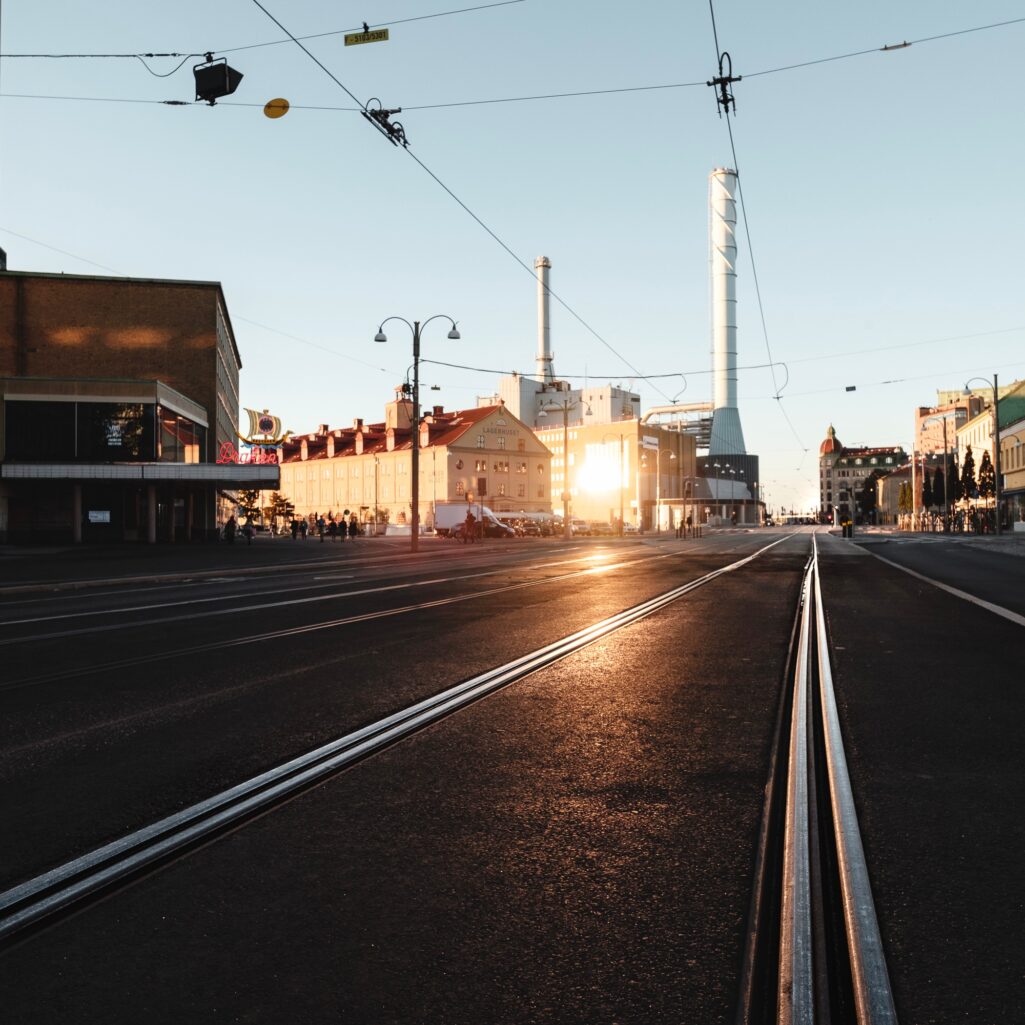During the project there has been several national and international events and trainings held, competitions and bootcamps launched and testbeds provided around the themes of consumer cleantech and smart innovations in the Baltic Sea Region.
The SmartUp Accelerator Project was funded by Interreg Baltic Sea Region as part of European Regional Development Fund. It has been taking place during 2017-2020 in Germany, Russia, Latvia, Sweden, Finland, Estonia and Poland. The project was led by Innovatum AB in Sweden and Demos Helsinki in Finland.
Throughout the past three years, SmartUp Accelerator has:
- implemented actions and models for networking and intercultural cooperation
- launched training programs and enhanced capabilities of organizations working with startups and SMEs
- created new opportunities on national and international markets for promising SMEs and startups working in consumer cleantech
- created long-term partnerships between organizations and actors in consumer cleantech in the Baltic Sea area
- strengthened knowledge and awareness of consumer cleantech within the innovation and investor scene
What do we mean by Consumer Cleantech?
Cleantech is traditionally based in industrial solutions and innovations in the process industry sector. Now, cleantech startups emerge in consumer markets. The growth logic is changing, as companies face challenges and opportunities presented by resource scarcity, rising energy and fuel costs, digitalization, automatization, and user-centered design. Consumer cleantech reduces dependency on natural resources. Consumer cleantech companies do more with less. They create new resources (“proliferation”) via smarter use or re-allocation of available resources.
Technology itself does not suffice for climate change mitigation – behavior change is needed as well. In terms of resources and energy, the most important decisions people make in their lives relate to mobility, housing and eating. That is why we have chosen the focus themes of the SmartUp Accelerator Network related to these three areas.
- Smart Homes - concepts and technologies making housing and buildings smarter and more efficient. Read more here.
- Smart Mobility - business models based on sharing of rides, cars, shipping, deliveries, bikes, and other vehicles combined with digital service platforms. Read more here.
- Smart Consumption - business models around the themes of smart B2C products and services is brought together in Smart Consumption theme. Read more here.
